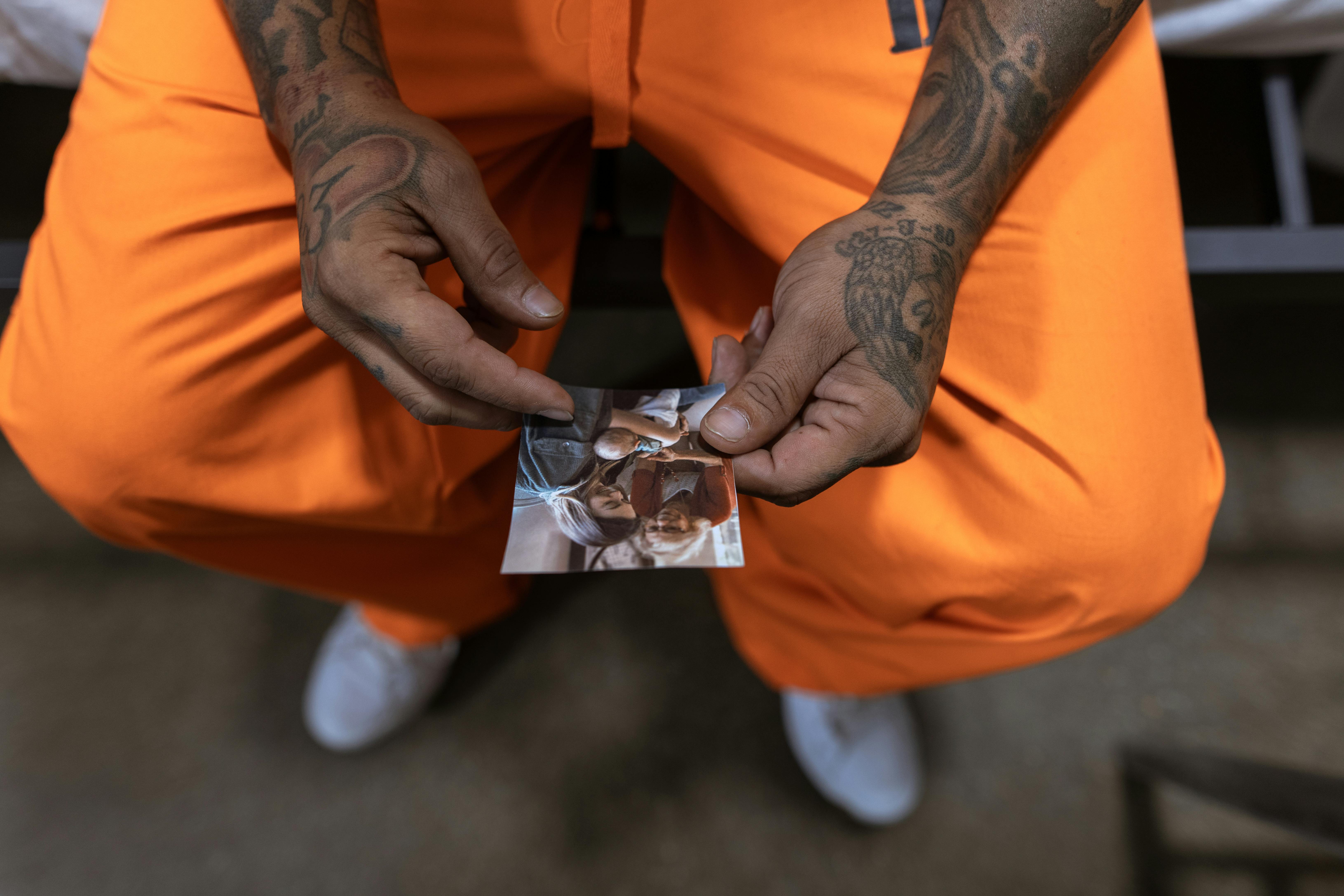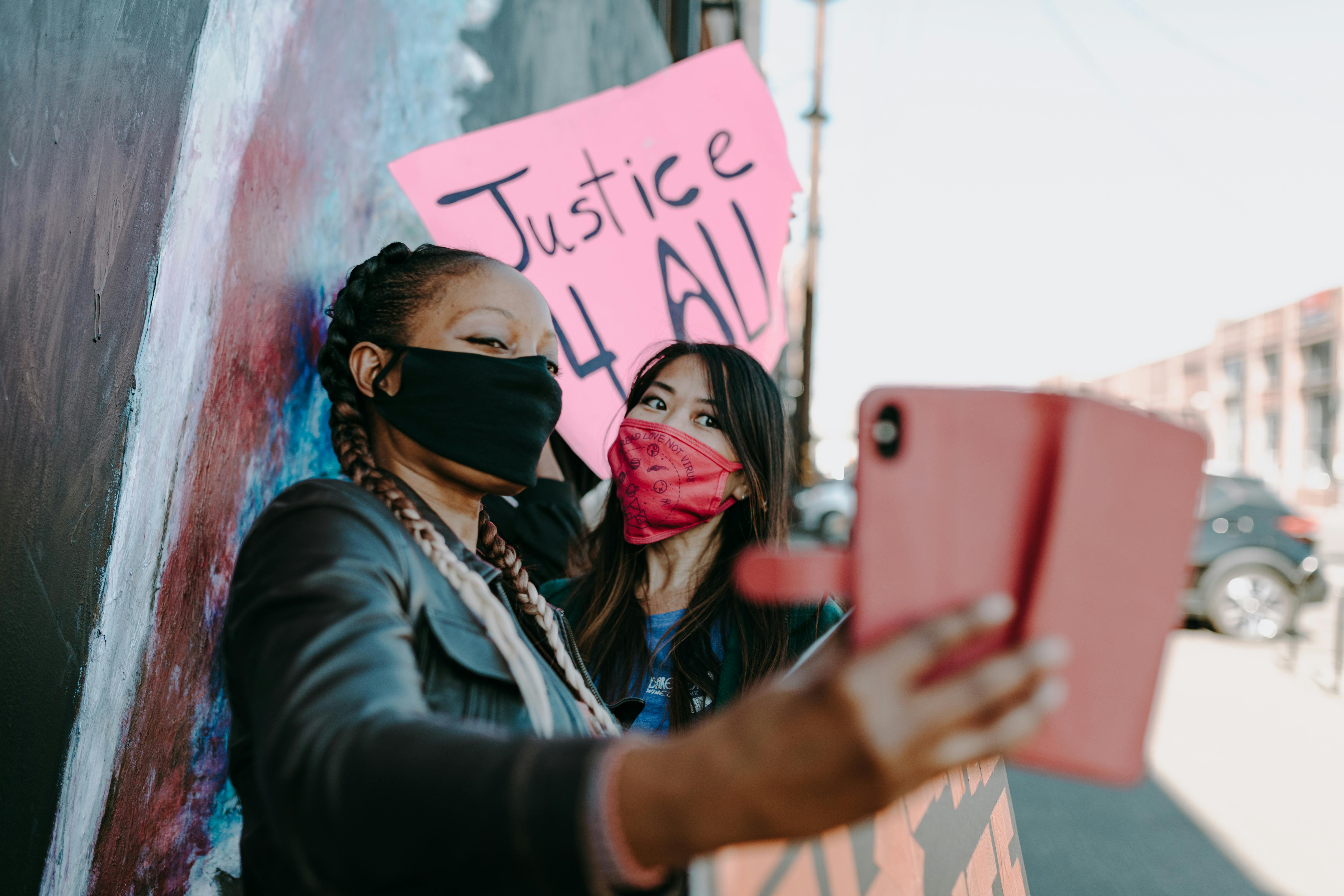
Fight like NCIS
One of the most popular police dramas on television is NCIS: Naval Criminal Investigative Service, which is often referred to by the acronym NCIS. Every week millions of viewers tune in to watch Mark Harmon and the rest of the cast take on criminals, terrorists and traitors in Washington DC and around the world. While there’s plenty of action and intrigue, how much of what happens on the show actually happens in the typical day of an NCIS agent? Now, of course, any TV show vastly exaggerates any real life situation, but is everything that fictional NCIS agents completely fantasy? While NCIS isn’t overly technical and by no means an agency documentary, it does get a lot of things right, and they know how to fight.
Before the Korean War, the Office of Naval Intelligence (ONI) handled many of the tasks currently performed by NCIS, but in the 1950s more civilians began to join the force and by 1969 they were their own separate unit. The mission of the real NCIS is to protect the families and assets of the Navy and Marines, and it is summed up in its three strategic priorities: Prevent Terrorism, Protect Secrets and Reduce Crime. While the list is short, it keeps more than 1,000 agents in 14 field offices and 140 locations around the world very busy. In recent years, NCIS agents captured spy Jonathan Pollard, and after 9/11 agents were deployed to Cairo to protect shipping in the Suez Canal, and agents have uncovered billions in fraud. The agency protects Navy and Marine personnel so they can better perform their duties.
If you talk to anyone about NCIS, you’ll probably soon realize that the show is character-driven and therefore doesn’t focus as much on the technical side of things. Supervisory Special Agent Leroy Jethro Gibbs, a former Marine, and Agents Anthony DiNozzo, Timothy McGee, and Caitlin “Kate” Todd are good examples of NCIS agents with experience in law enforcement, the military, and computers. Medical examiner Donald “Ducky” Mallard and forensic specialist Abby Sciuto are also typical of the agencies’ support staff. Mossad liaison officer Ziva David, on the other hand, is pure fantasy, and no intelligence agency has foreign agents on its staff, even from a friendly nation. The agency requires its agents to have bachelor’s degrees and backgrounds ranging from law enforcement to journalism.
The show is accurate to a degree, but it’s also important to know that the agents also show some reality in the way they fight. When the team has to take down a steroid-crazed Marine, they don’t use any fancy techniques, they just overwhelm him with numbers and effective brute force. They were not afraid of getting hurt and they knew that normal techniques would not work in that situation. In one episode, when Gibbs and DiNozzo are training in the boxing ring, Tony asks if Gibbs learned to box in the Marines, Gibbs then grabs Tony’s arm and brings him to the ground with a combat judo takedown saying, ” They teach you fighting in the Marines, not boxing.” When Abby has to deal with a hit man alone, she uses a mace and tazer to fend off her until help arrives. At the end of season 6, Agent DiNozzo uses one of the few possible defenses against rear-end strangulation when he fights for his life against a rogue Israeli agent in Ziva’s apartment.
There are other examples of NCIS members using correct techniques in combat, but ultimately falling victim to what many fictional characters experience. Reality is not exciting enough for entertainment purposes. In many episodes, a fight could have been broken up by a simple punch to the throat or even groin, and if an officer feels threatened, he’ll shoot, but that wouldn’t give him any dramatic moments or intense fights. Any real NCIS agent will try to end a fight as quickly as possible and will use any means possible to win. So sit back and enjoy the show, but remember that you need a better source for your self defense and martial arts training.






